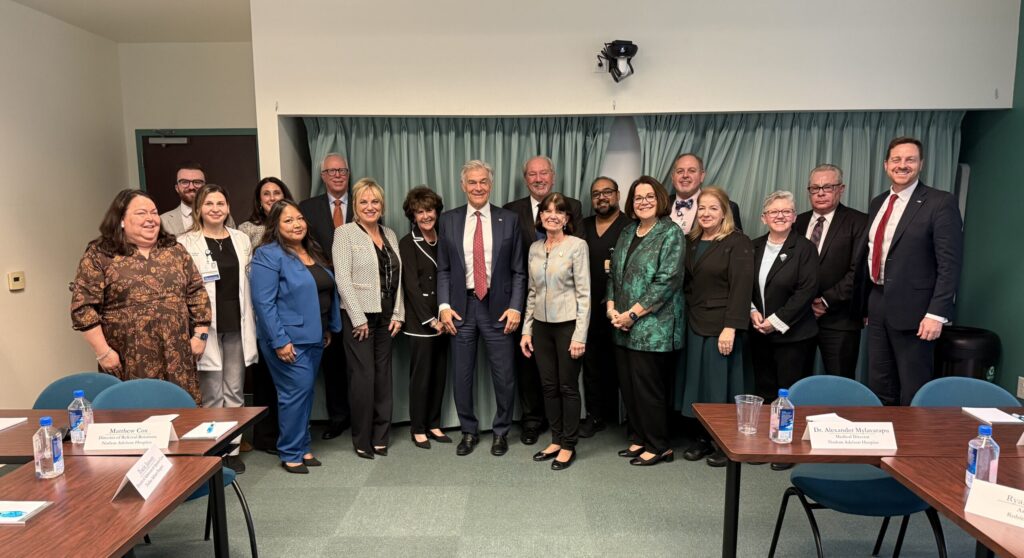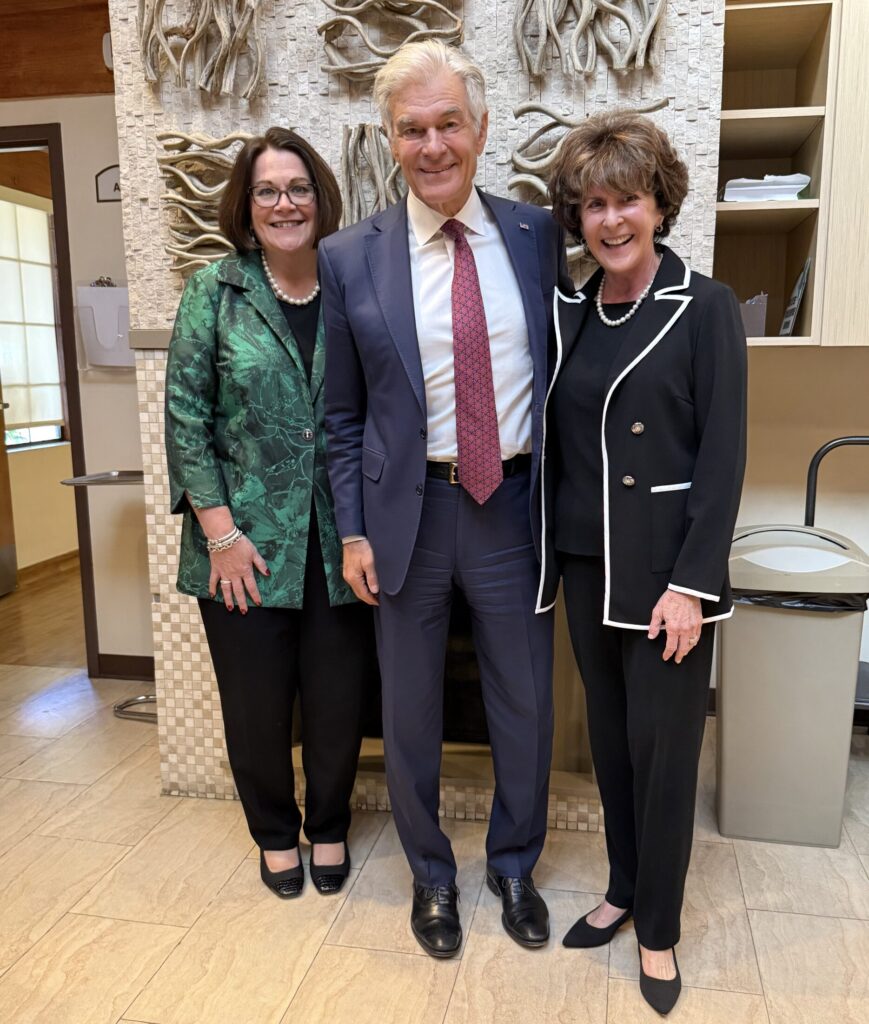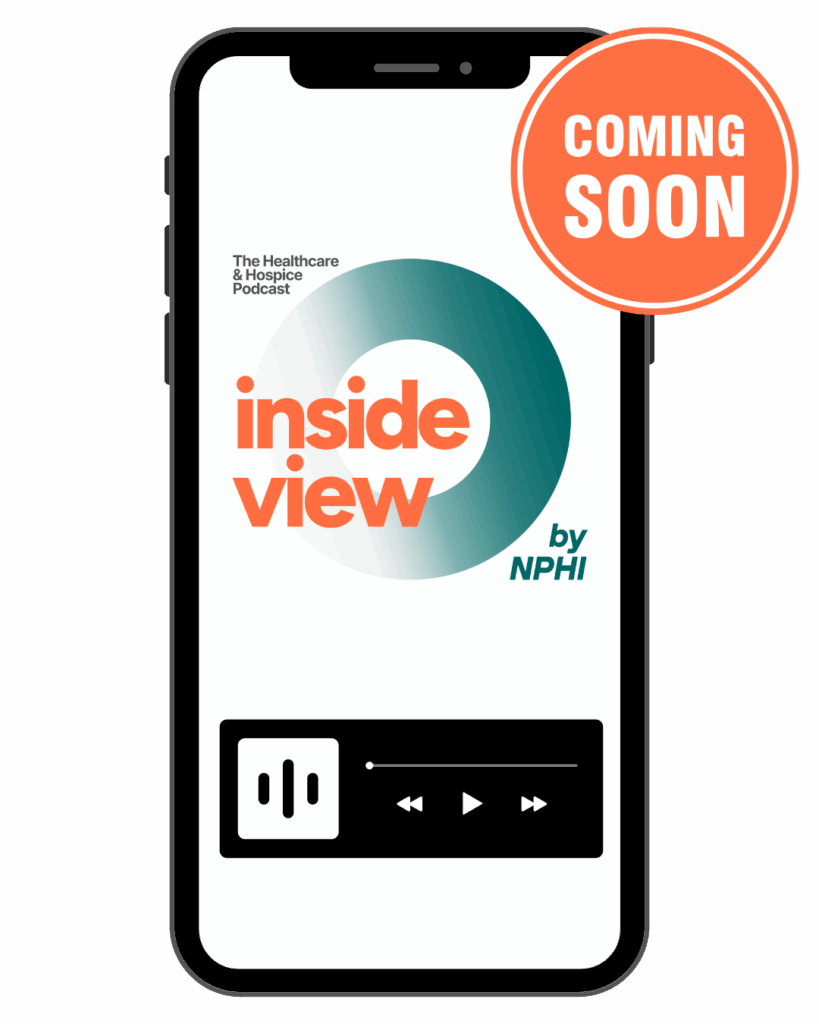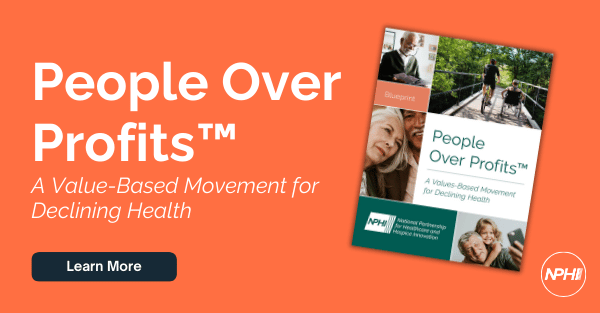LeadingAge is adding its organizational voice to other industry groups supporting the Department of Health and Human Services Office of Inspector General’s call for increased oversight related to hospice care.
In two reports issued Tuesday, the OIG found that the majority of Medicare-certified hospices providing care in assisted living communities, skilled nursing facilities, homes and other settings had one or more deficiencies in the quality of care they provided to patients from 2012 through 2016. More than 80% of hospices were cited with at least one deficiency for failing to meet a requirement for Medicare participation, such as poor care planning, mismanagement of aide services or inadequate assessments of beneficiaries. But hospices also were cited for deficiencies that posed risks to beneficiaries, such as improperly vetting staff or inadequate quality control; 18% of all hospices surveyed had at least one serious deficiency or at least one substantiated severe complaint, according to one report.
As McKnight’s Senior Living previously reported, the National Hospice and Palliative Care Organization and the National Partnership for Hospice Innovation on Tuesday said they support the report’s recommendations of increased oversight of hospice programs.
LeadingAge has the same position as well.
Research shows that nonprofit hospice care providers “have remained committed to providing a robust interdisciplinary care approach for patients and their families” as the field has evolved, LeadingAge President and CEO Katie Smith Sloan said.
“We support the OIG’s recommendations for strengthening current requirements for reporting abuse and neglect, stronger CMS oversight of state survey agencies, and improved mechanisms for consumers to gain information on hospices and also to resolve issues with quality of care,” she added. “LeadingAge will continue to work with CMS and other stakeholders to ensure the highest quality of care and services for people seeking hospice care at the end of life.”










